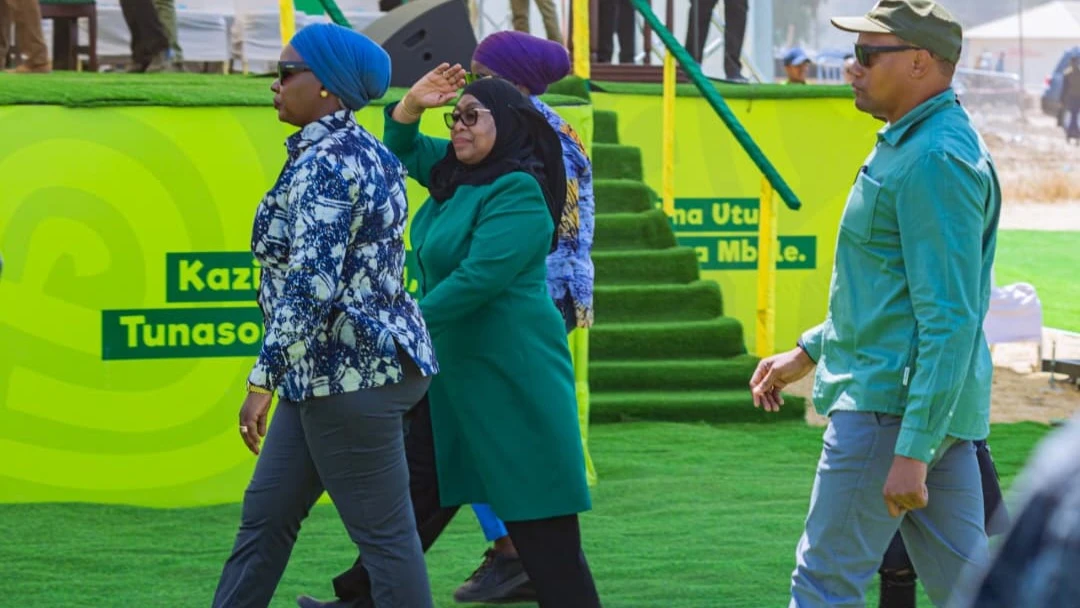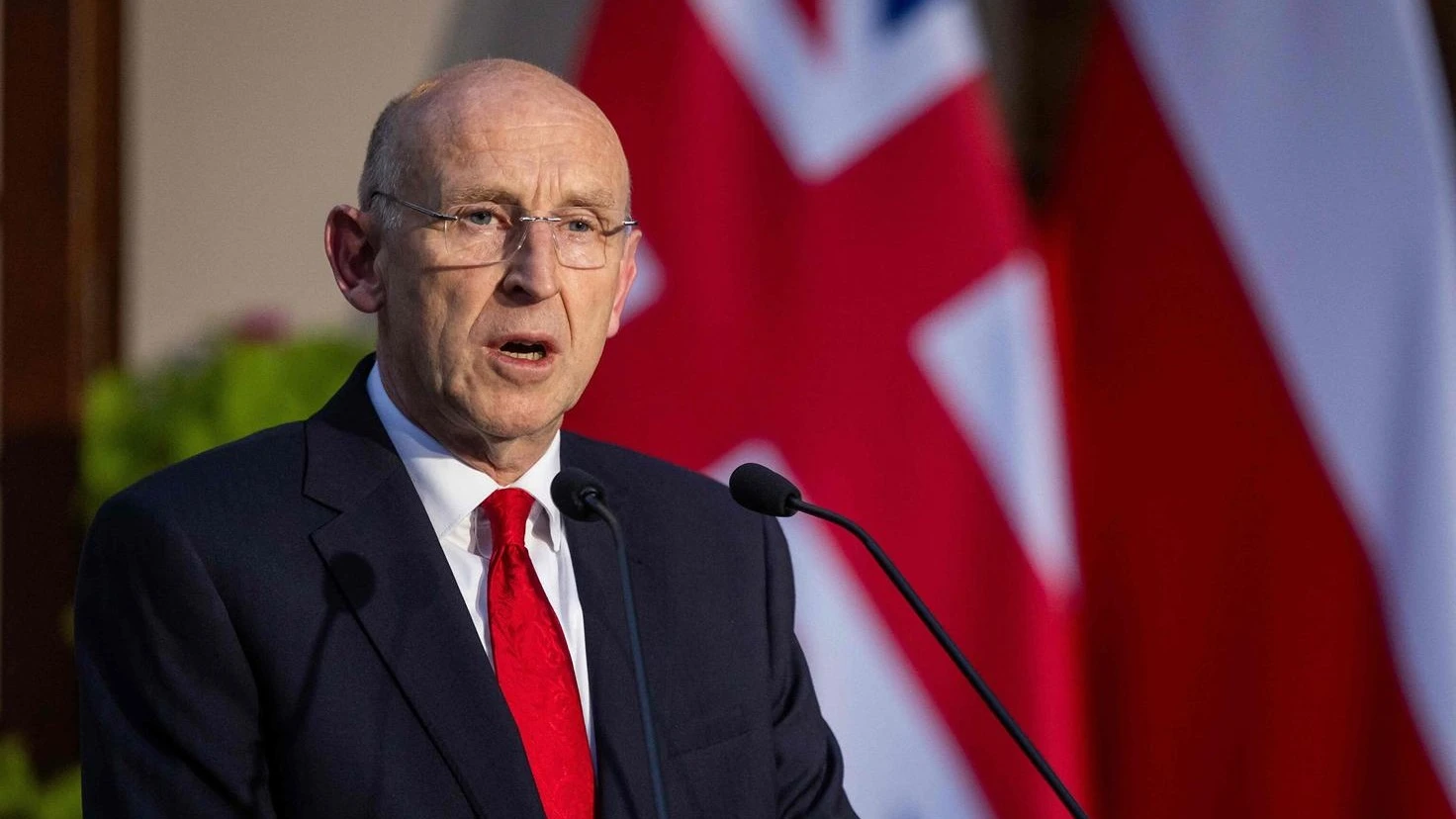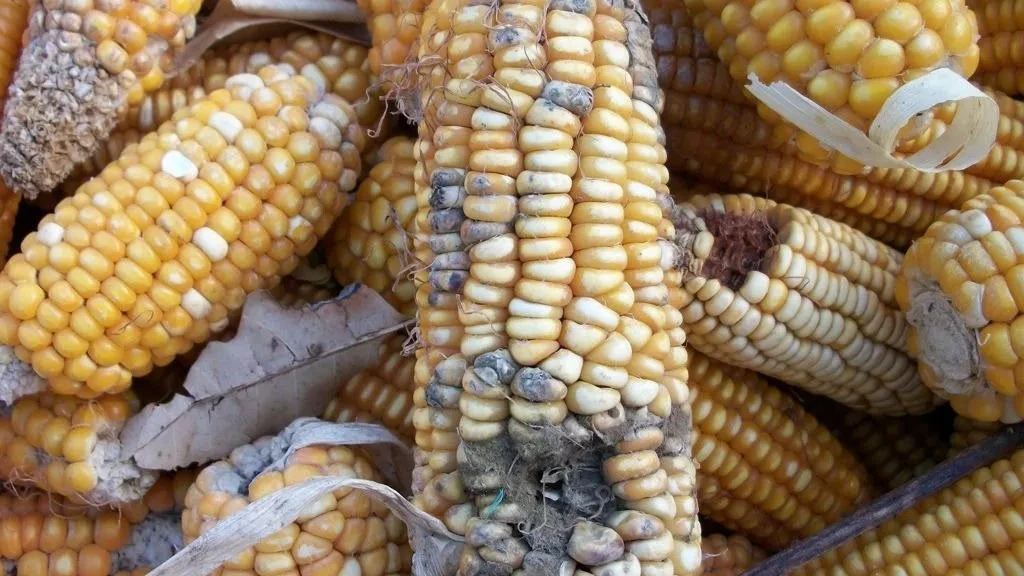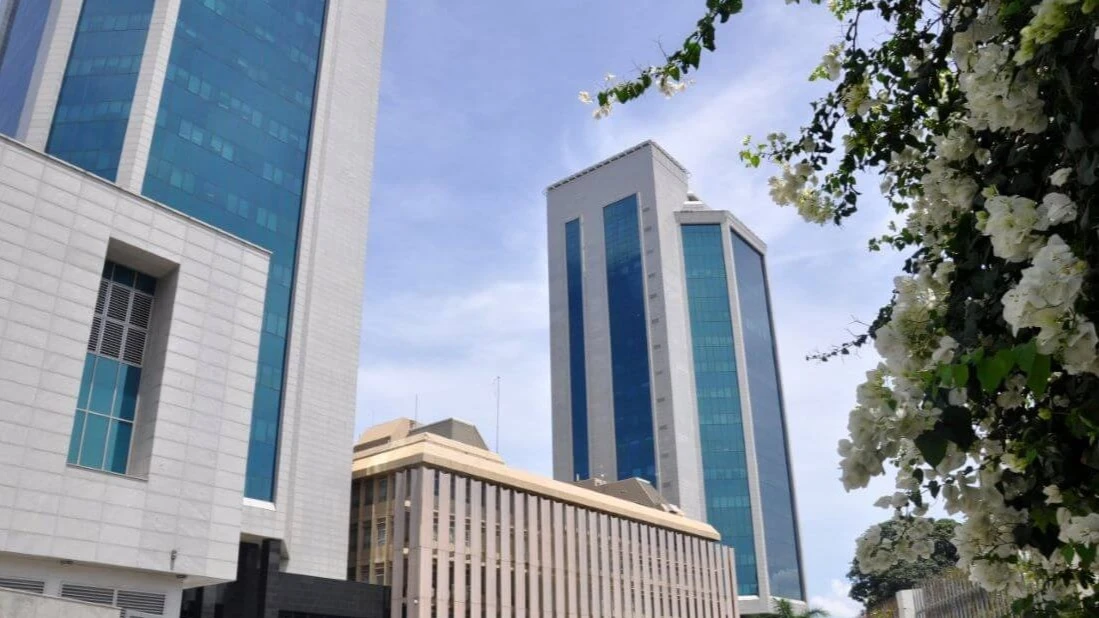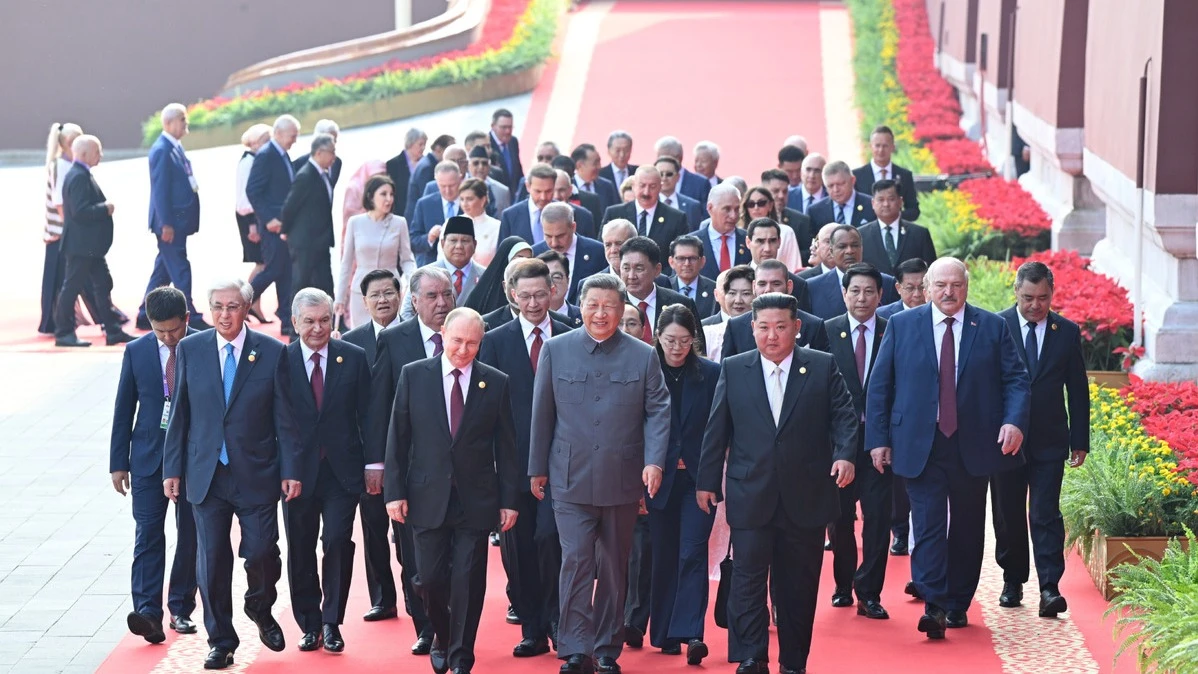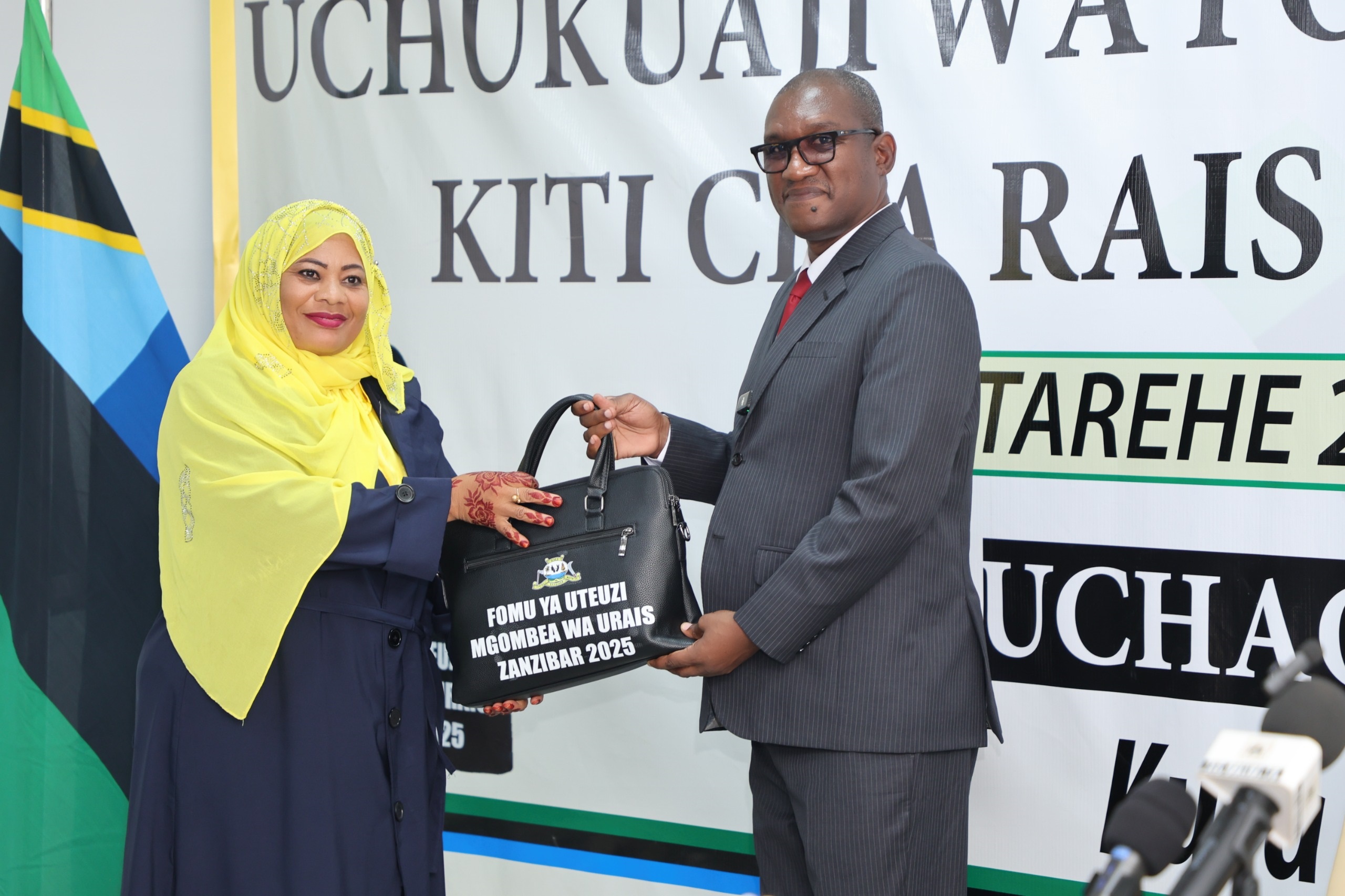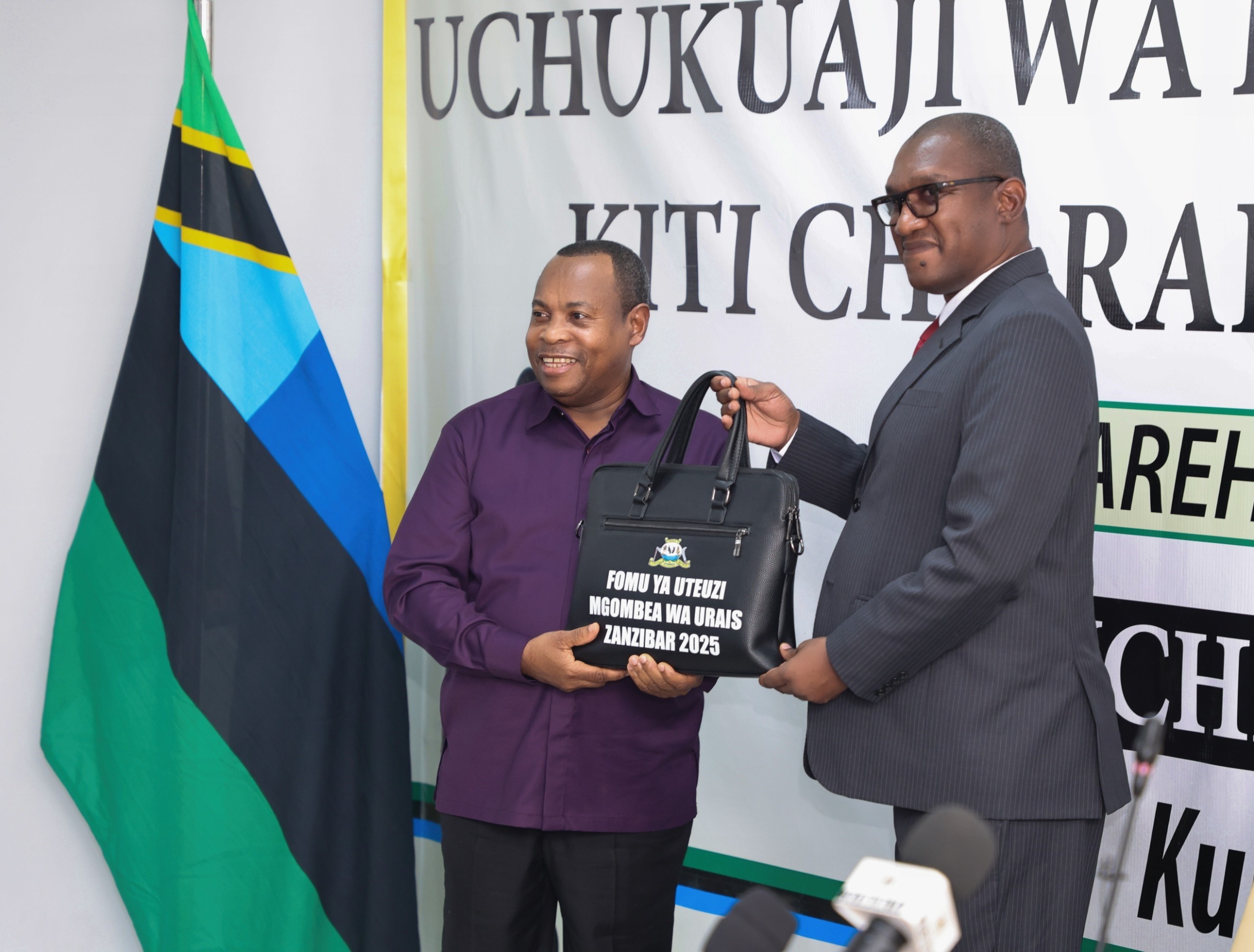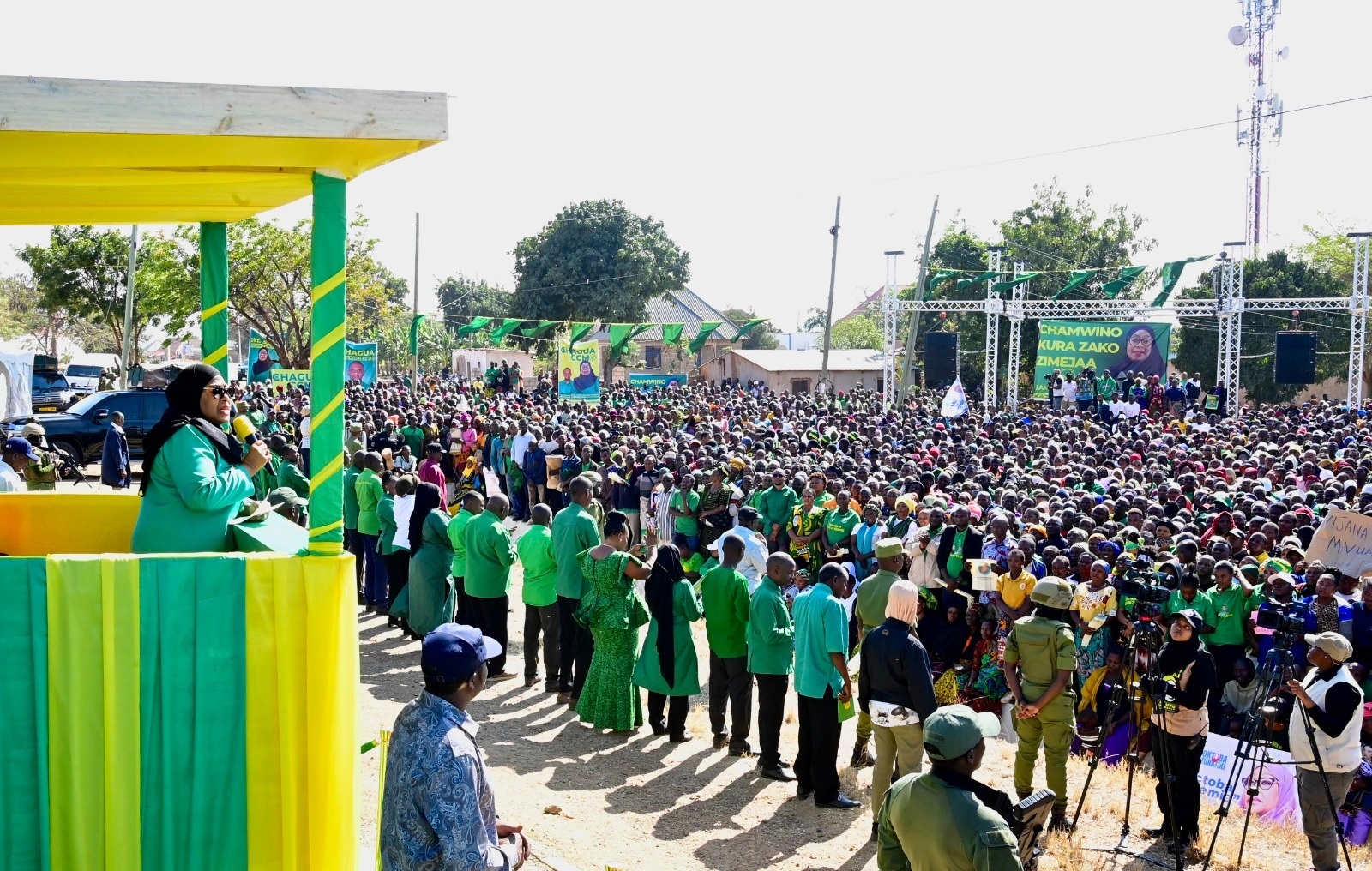CHESO backs global fund plan to boost education, health
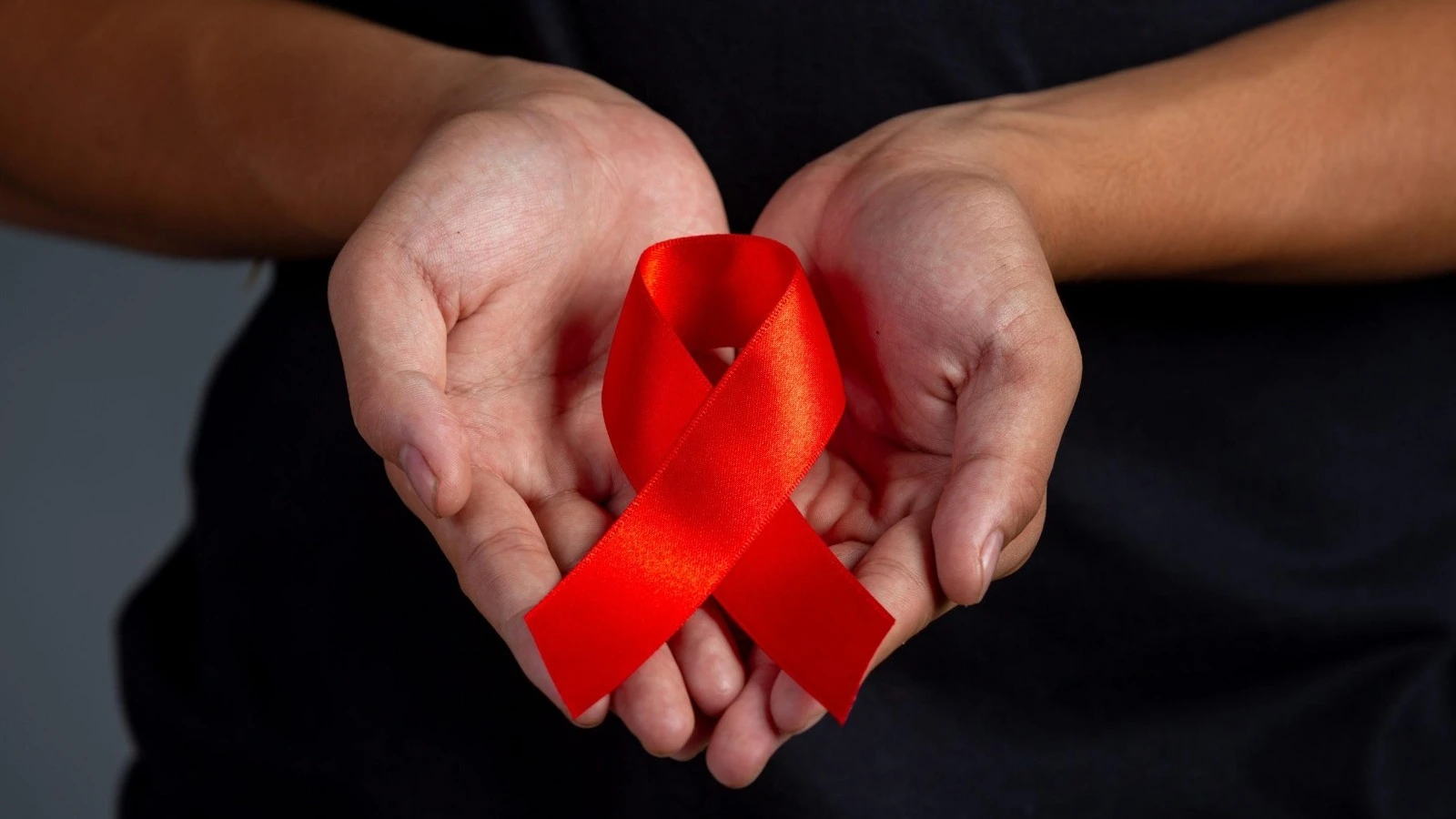
THE Children Education Society (CHESO) has endorsed the Tanzania National Coordinating Mechanism’s (TNCM) revised budget proposal for submission to the Global Fund to End AIDS, Tuberculosis and Malaria, aiming to strengthen resilient and sustainable health systems.
In a statement last month, CHESO—a local non-profit committed to protecting and empowering vulnerable children, emphasized that the revised budget under Global Fund Cycle 7 will help mitigate recent global funding cuts to health programs.
“CHESO strongly supports TNCM members in endorsing the revised budget, as it is well-balanced and maintains key interventions important to us,” said CHESO Executive Director Richard Shilamba.
One critical intervention is Budget Line 299, part of social protection efforts for adolescent girls and young women (AGYW) in areas with high HIV/Aids incidence.
This initiative supports school dropouts and orphans and vulnerable children (OVCs) to return to school through catch-up programs that cover essentials such as school fees and uniforms.
The Christian Social Service Commission (CSSC) will implement this programme with a budget of over 1.39bn/- (approximately $550,062) for the 2025/2026 financial year.
According to government data from the Basic Education Statistics (BEST) 2025 report, Tanzania Mainland recorded 240,194 school dropouts in 2024.
Of the number, 139,192 were from primary schools—79,107 boys and 60,085 girls—while 100,998 were secondary school dropouts, nearly equally split between 50,939 boys and 50,059 girls. Boys constituted the majority in both categories.
To tackle this challenge, CHESO has empowered district-level paralegals with knowledge of the Ministry of Education’s Circular No. 2 of 2021, which allows children who drop out of primary and secondary schools to return.
These paralegals help locate and support vulnerable children—both girls and boys—to reintegrate into formal education.
Looking ahead, CHESO urges the TNCM and stakeholders to expand the catch-up programme during the next Global Fund Cycle (2027–2029), emphasizing the need to prioritize boys, who currently represent the majority of dropouts.
“Education is a powerful tool for breaking cycles of poverty and vulnerability. We must ensure that all children—girls and boys—who have dropped out are supported to return to school and reach their full potential,” said Shilamba.
Top Headlines
© 2025 IPPMEDIA.COM. ALL RIGHTS RESERVED








